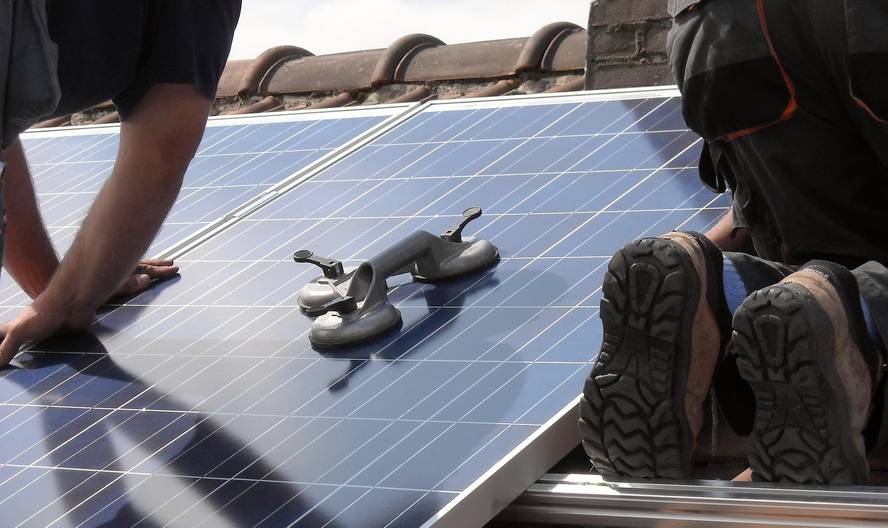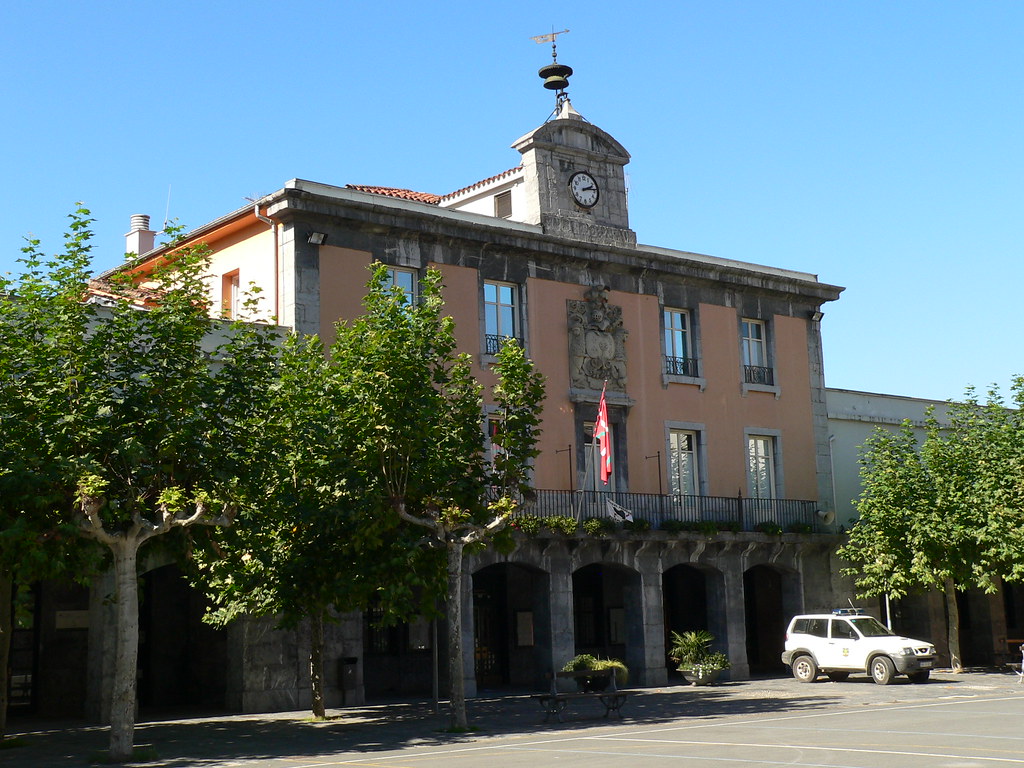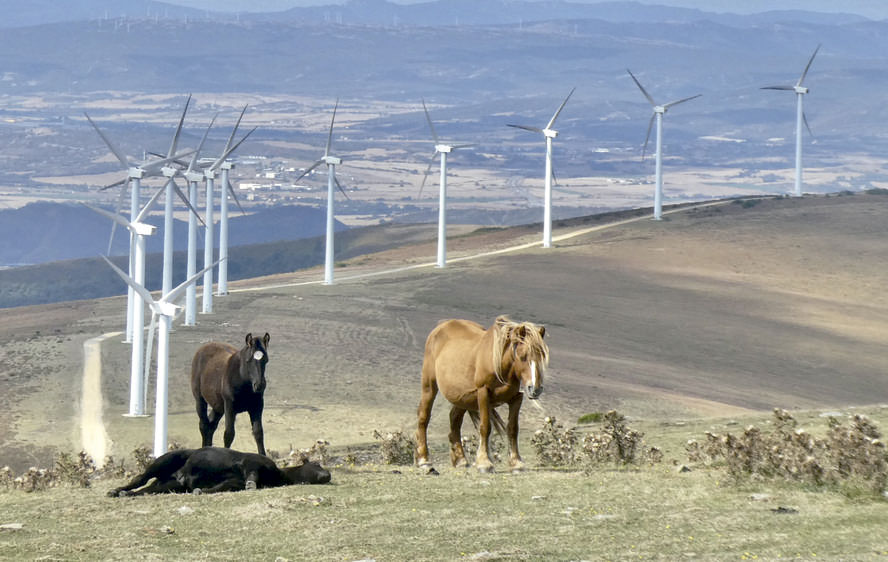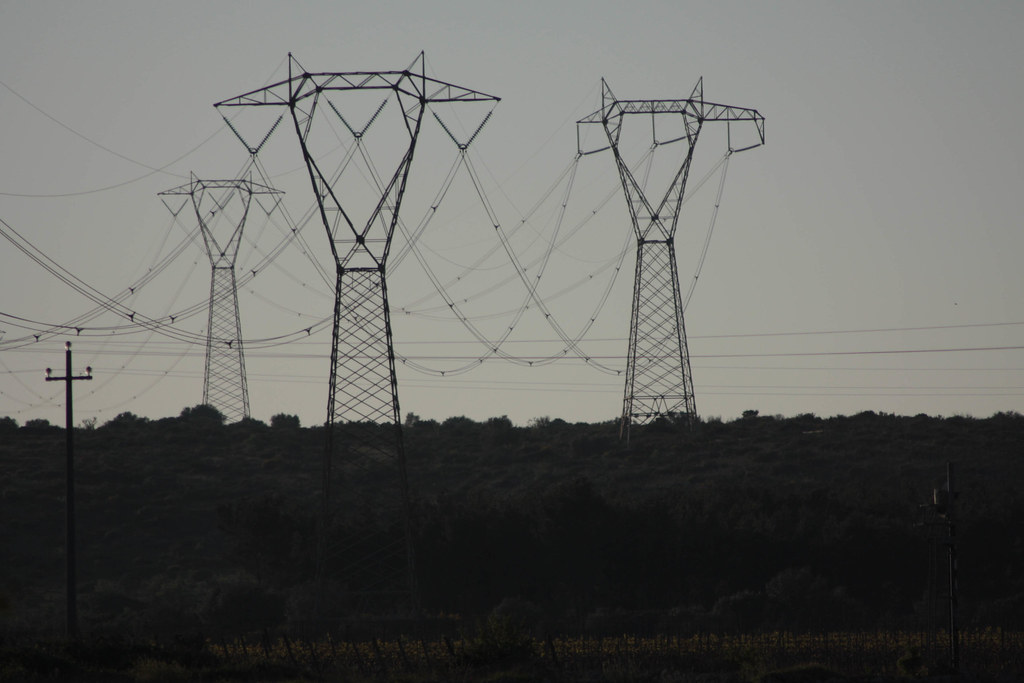74 Catalan municipalities come together to regain energy sovereignty
- 74 Catalan municipalities have created the Association of Municipalities and Institutions for Public Energy (AMEP). Its objective is to regulate the electricity distribution network and to work the public management from the municipalities, since it is currently shielded and in the hands of large oligopolies.

Journalist Guillem Martí has published an article in Direct on the subject. You can read it in its entirety here. We then brought it summarized:
The first general meeting of AMEP was held semi-face-to-face in Terrassa on 23 February. In that act the association was established, the statutes were approved and the Executive Commission was appointed. The meeting was attended by representatives of the 74 municipalities, the Catalan Association of Small Peoples, the Energy Sovereignty Network, the Network of Peoples for Sustainability and the Self-Consumers Association.
The President of AMEP is Carlos Caballero (ERC), councillor of the Town Hall of Terrassa; Vice-President Alba Pijuan (ERC), Mayor of Tàrrega; Secretary Eloi Badia (Barcelona Joint); Tesorera Marta Jofra (CUP) of Vilanova i Geltrú.
Partners to deal with Endesa
The idea of creating AMEP emerged last July when 47 municipalities committed to public energy management, together with the Association of Small Municipalities of Catalonia and the Energy Sovereignty Network of Catalonia, signed a protocol to regulate a framework for collaboration between municipalities. As explained by the president of AMEP, Carlos Caballero, to the Direct Media, the Town Hall of Terrassa has been elected to the presidency, since in 2020 it has been the leader when the municipalities faced Endesa: "Endesa demanded that municipalities collect bills from vulnerable families and, according to the energy poverty law, could not claim those bills." Caballero explained that "once again, it has become clear that the union is making its strength, because when we come together, Endesa no longer claimed anything" and added: "No.
The municipalities members of the AMEP bring together three million citizens. There are large and very small cities, with less than 200 inhabitants. "Each one has its characteristics, its problems and its political color," the lehendakari explained, "but something unites us all: Endesa controls in practice 95% of the electricity distribution in Catalonia".
ERC and Todo por Terrassa govern in coalition the mayor of Terrassa, a candidacy of the people headed by Jordi Ballart: The former PSC militant broke the party's card to protest the support for 155, who refused to leave the militancy. Ballart made himself known in his Terrassa alacte in his attempt to remunize water management. In fact, the AMEP has as its model the Association of Municipalities and Public Water Agents AMAP, created in 2018 for the remunization of water.
Pressure on the Generalitat to audit Endesa
The Energy Sovereignty Network says that the problem with the current energy model is, above all, the distribution of electricity. "We support changes in energy generation and commercialization, but the essence of energy sovereignty is to restore democratic control of the distribution network," explained Irene González.
95% of the distribution network in Catalonia is owned by Endesa. Mario Urrea, president of the Catalan Association of Small Peoples, has denounced that in the inner towns macroparks are being built for the generation of renewable energies, many of which are owned by Endesa, Naturgy and Iberdrola: "This facilitates the eviction of peoples, makes it difficult to diversify the economy and dissipates tourism. Renting land to farm farmers is much lower than would be done in an industrial estate in the city centre. The inland area is repeating what they did on the coast in the 1970s and 1980s, and it affects not only the areas where there are energy parks, but also the natural fields and parks that cross the electric highways and high-voltage lines. When energy is transferred to urban areas, a section is lost along the route of so many kilometers and, therefore, they generate much more than is necessary".
"The source of this whole problem is the current legal framework," said AMEP president Caballero. "In fact, a company came up with information about its network and its maintenance. The opacity of this company becomes an impunity, because we do not have public tools to control what Endesa does and what Endesa does not do." For this reason, one of the main objectives of AMEP is "to create a common front for municipalities to exert pressure on the Generalitat de Catalunya", which is responsible for energy so that it can audit Endesa "so that it is obliged to invest in maintenance and to improve the service". Irene González added that audits "should not only be technical, but should also be made up of citizens".
Working for the future
In contrast to the current model, AMEP and the Catalan Association of Small Peoples claim that the social right to access energy is guaranteed and that there is no energy poverty, that companies and citizens have free and easy the possibility of generating green energy and sharing it with their neighbours, that the energy distribution networks are not only in the hands of multinationals and that citizens can participate in regulation and modernisation. They have called for new models of governance based on cooperation between peoples, both through the communities and through the networks of consortia and peoples. Irene González, a member of the Energy Sovereignty Network, stressed that "in order to achieve an eco-feminist energy transition, a model is necessary to make policy on a higher scale than that of the people, but from the municipalities". He pointed out that "European funds for renewable energy are carried directly by large companies in the sector to the countries in which they will be installed without this involving any good". And he added that this transition must be organised "in order to preserve the balance of the territory, so that the peoples of the mountain do not reconvert, as happened with the large nuclear plants, into producers of consumption in the big cities".
Iberiar penintsulan apirilaren 28an gertatutako itzalaldiak, egungo energia sistemak dituen arrakala guztiak utzi zituen bistan. Enpresa elektriko handien diru gosea, berriztagarrien ezarpen masiboak dakartzan ajeak, eta herritarrok bizimodu hiper-elektrifikatuarekiko dugun... [+]
Energia politikek haserreak eta desadostasun sakonak sortu dituzte ekologisten artean. Ez da gauza berririk. Hemen eta atzerrian. Hemen eta orain, nabarmen. Duela bi urte, 2023ko udaberrian, gure ikerketa taldeak (ekopol.eus) hiru mahai-inguru antolatu zituen Donostian,... [+]
Energiaren Nazioarteko Agentziak (IEA) astelehenean argitaratutako txostenaren arabera, %2,2 igo da energia eskaria 2024an aurreko urtearekin alderatuta, besteak beste, egiturazko arrazoi hauengatik: beroari aurre egiteko argindar gehiago erabili beharra, industriaren kontsumoa... [+]
Arratzua-Ubarrundiako "Proiektu honi ez!" plataformak adierazpen hau kaleratu du, udalerri horretako EH Bilduko hiru zinegotziek dimisioa aurkeztu berritan. Izenburu hau darama testuak: "EH Bilduren moketako politika edo Iparra nola galdu".
Arratzua-Ubarrundia (Araba) herriko EH Bilduko hiru zinegotziek dimisioa eman dute Solariaren zentral fotovoltaikoagatik. Hau da hiru zinegotziek, Txetxu Zengotitabengoak, Laura Sanchok eta Javier Ruiz de Arkautek, herritarrei zuzendu dieten agur mezua.
Eusko Jaurlaritzak eta Arabako Foru Aldundiak Datu Zentroen instalazioei ateak irekitzen dizkiete horiek arautzeko legedia sortu aurretik. Bilbao-Arasur Dantu Zentroarekin, bere lehen fasea gauzatuta, eta instalatzea amesten duen Solariaren Datu Zentroarekin, 110.000 m2... [+]



















